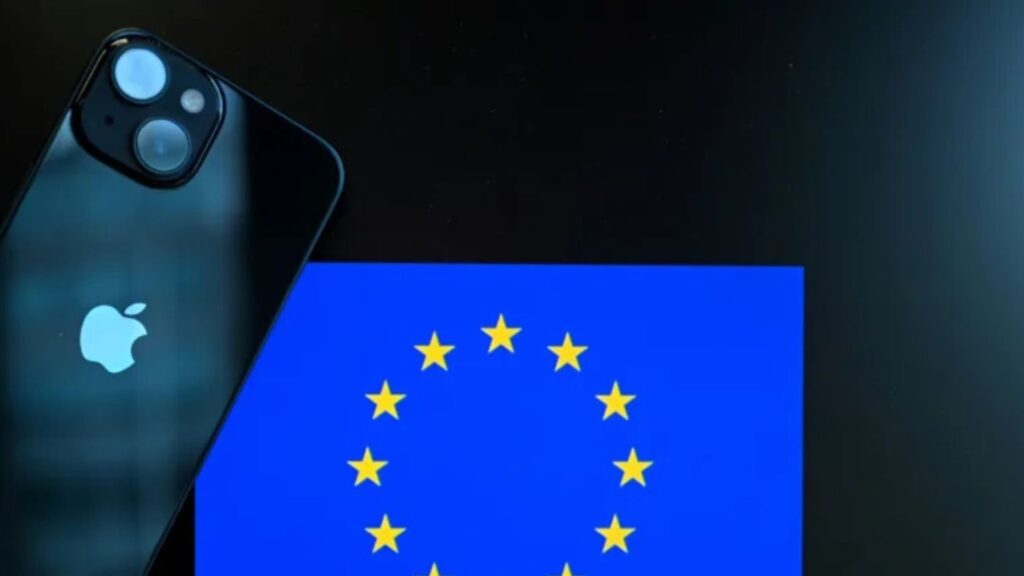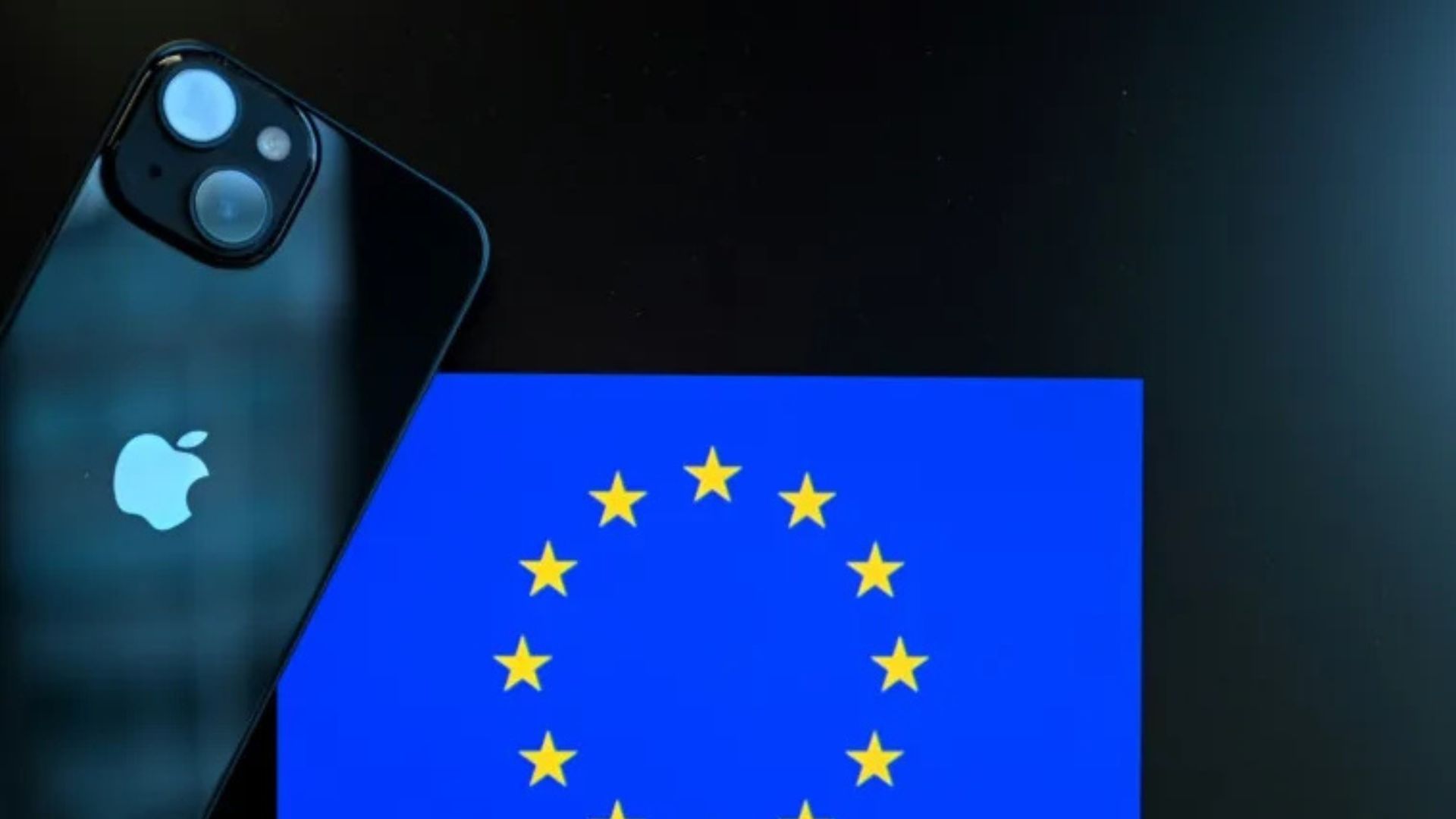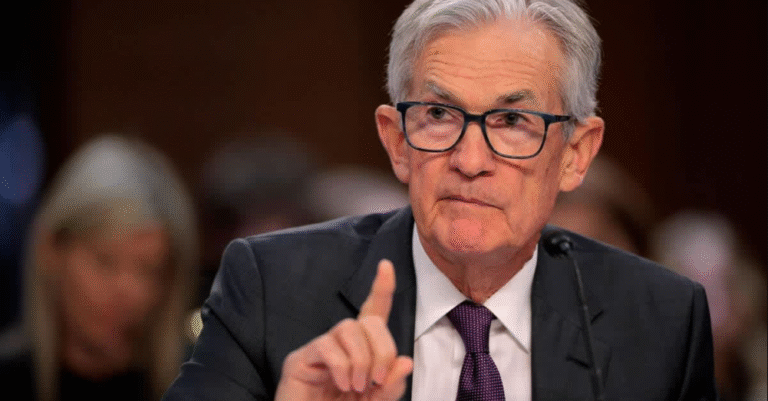Apple has formally called on European Union regulators to repeal the Digital Markets Act (DMA), submitting a detailed 25-page critique arguing that the legislation poses security risks and unfairly disadvantages iPhone users while favoring its competitors (Yahoo Finance).
Background

The Digital Markets Act, which took effect earlier this year, designates large online platforms as “gatekeepers” and imposes rules to ensure fairness and interoperability in digital markets. Under the DMA, gatekeepers must allow third-party app stores, enable sideloading of software, and share certain data with rival developers. Apple was among the first six companies—alongside Alphabet, Amazon, Meta, Microsoft, and ByteDance—named in the regulation. The law aims to curb anti-competitive behavior, protect consumer choice, and foster innovation across the Single Market.
In its submission to the European Commission’s review process, Apple highlighted several features it has been forced to delay or withhold in the EU:
- iPhone Mirroring, which allows users to control their iPhone from a Mac, cannot launch until comparable functionality is extended to third-party devices.
- AirPods Live Translation, designed for real-time language translation during calls, remains unavailable because Apple cannot securely share the underlying algorithms with rival headset manufacturers.
- New Maps capabilities, such as Visited Places and Preferred Routes, are on hold amid concerns over sharing users’ location history with external developers.
Apple warned that “more feature delays are likely, causing EU users to fall further behind compared to users elsewhere” (SpaceDaily). The company also detailed competitors’ data-sharing requests, including demands for “the complete content of a user’s notifications” and “the full history of Wi-Fi networks a user has joined,” which Apple says would undermine user privacy and security (Morningstar).
“The DMA should be repealed while a more appropriate fit for purpose legislative instrument is put in place,” Apple asserted in its document, arguing that the current law creates a “worse experience” for European users and exposes them to new security vulnerabilities (Yahoo Finance).
Political Tensions and Enforcement Challenges
Apple’s appeal comes amid escalating tech policy clashes between Washington and Brussels. U.S. President Donald Trump has threatened “substantial additional tariffs” on countries that implement legislation targeting American tech firms, raising the specter of a transatlantic trade skirmish. Apple CEO Tim Cook and other Silicon Valley leaders have reportedly been in closer contact with the White House since Trump’s return to office, signaling a coordinated push against the DMA’s requirements.
Apple contends it has been disproportionately targeted under the DMA framework. The European Commission has already fined Apple €500 million for non-compliance and warned of potential daily penalties up to €50 million if it fails to meet its obligations. By contrast, other gatekeepers have faced lighter sanctions or more flexible timelines.
A Commission spokesperson responded that “DMA compliance is not optional, it’s an obligation,” and emphasized that the review process, which concludes with a report due to the European Parliament by May 3, 2026, will not tolerate backtracking on core principles (Reuters).
Legal experts predict that a successful appeal by Apple could trigger broader legislative uncertainty. “Repealing the DMA would undermine regulatory predictability and embolden other gatekeepers to seek carve-outs,” said a European competition lawyer. Economists warn that weakening the DMA may reduce pressure on big platforms to open their ecosystems, potentially slowing the growth of alternative app stores and services.
Conversely, supporters of Apple’s position argue that the law’s one-size-fits-all approach fails to account for platform security architectures. “There is a legitimate debate around how to balance interoperability with data protection,” noted a Brussels-based digital rights advocate. Critics of the DMA have called for a revised framework that differentiates between core services and ancillary platform features.
The European Commission will now consider Apple’s arguments alongside feedback from other stakeholders, including industry groups, consumer associations, and member-state regulators. If the DMA remains intact, Apple must comply with data-sharing and interoperability requirements by the next enforcement deadline. Should the EU decide to amend or repeal parts of the legislation, it will embark on a multi-year process to draft, negotiate, and ratify new rules.
In the coming months, policymakers will weigh Apple’s security concerns against the DMA’s broader goals of competition and consumer choice. The outcome of this debate will have far-reaching consequences for digital markets, potentially reshaping the balance of power among gatekeepers, developers, and end users across the European Union.













